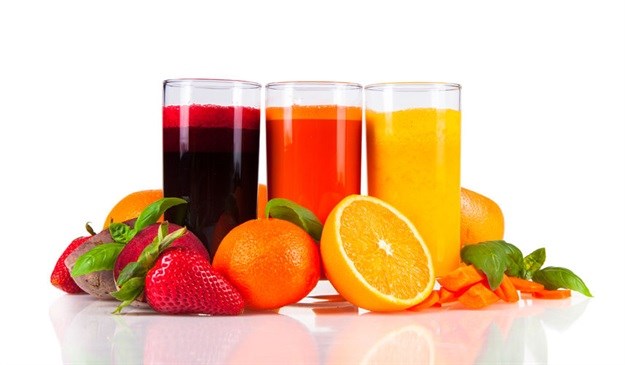
Top stories






More news















The tax amounts to about 20% of carbonated drinks but it excludes flavoured milk, bottled water and naturally sweetened juices. "But it doesn't mean the exclusion is a permanent exclusion," said Legote, adding that public comment received indicated that juices were only 100% beneficial if they contained the fruit sap. This was one of the issues being weighed up.
While the government has been accused of targeting soft drinks to alleviate its revenue challenges, Legote denied this. "There are other instruments within tax policy that we use for that." He said if the tax was effective, revenue derived from it would decline as manufacturers would produce fewer sugary drinks.
Finance Minister Pravin Gordhan announced the proposal during his budget speech in February and he seeks at least R15bn in each of the next two years to close a revenue gap. But with the support of the Department of Health, the Treasury has argued that implementation of the tax was to tackle the health challenge of obesity and reduce its burden on the fiscus. The tax could add R11bn to the fiscus. It may be implemented in April.
The industry claims the disadvantages to the economy may be overwhelmed by the thousands of jobs lost. At the debate, industry players raised concerns about measurement of the sugar content and proposed taxing sugar at the gates of refineries, which would tax all other sources of sugar.
Sibongile Chiumya, business unit head for scientific and regulatory affairs at Coca Cola SA, argued the tax was "a blunt instrument and not most effective". She said that as far back as 2014 the industry introduced product reformulations and smaller package sizes to reduce calorie intake in drinks. She said the beverage industry had renewed a pledge to monitor marketing of sugary drinks to children and to report regularly to the Department of Health.
Some companies are preparing reduced sugar products to offset the potential loss in sales volume when the tax takes effect. Early in 2017 dairy manufacturer Clover will introduce Tropika Slender - a low-calorie, lower-sugar alternative to Tropika.
Last week the Institute of Race Relations argued that the tax would "do almost nothing to improve the health of South Africans". Instead it would burden stressed households and worsen their socioeconomic position.
Consumer spending adds about 60% to South Africa's GDP, which makes it a critical factor in the growth rate. The industry claims the uncertainty that the proposal has created has led to investment being deferred.
Brett Naidoo, CEO of the Beverage Association of SA believes the industry should be self regulated rather than government regulated. "We welcome the fact that they have embarked on the socioeconomic analysis. We would have liked to be part of it."
Lullu Krugel, senior economist at KPMG, said more clarity was needed about the cost to the economy. She said a tax of 3%-7% was more fair on the industry. Krugel said that for every 10 people in Mexico, almost 4.5 people moved to other sources of sugar when a 10% sugar tax was introduced.
The Treasury, with the support of the Department of Health, says the tax is intended to curb obesity in South Africa.
Karen Hofman, associate professor at Wits Business School, said research showed South Africans were among the top 10 consumers of sugary drinks globally. "There is strong evidence from other countries and jurisdictions that show these taxes do work. It takes a while."
Source: BDpro via I-Net Bridge

For more than two decades, I-Net Bridge has been one of South Africa’s preferred electronic providers of innovative solutions, data of the highest calibre, reliable platforms and excellent supporting systems. Our products include workstations, web applications and data feeds packaged with in-depth news and powerful analytical tools empowering clients to make meaningful decisions.
We pride ourselves on our wide variety of in-house skills, encompassing multiple platforms and applications. These skills enable us to not only function as a first class facility, but also design, implement and support all our client needs at a level that confirms I-Net Bridge a leader in its field.
Go to: http://www.inet.co.za